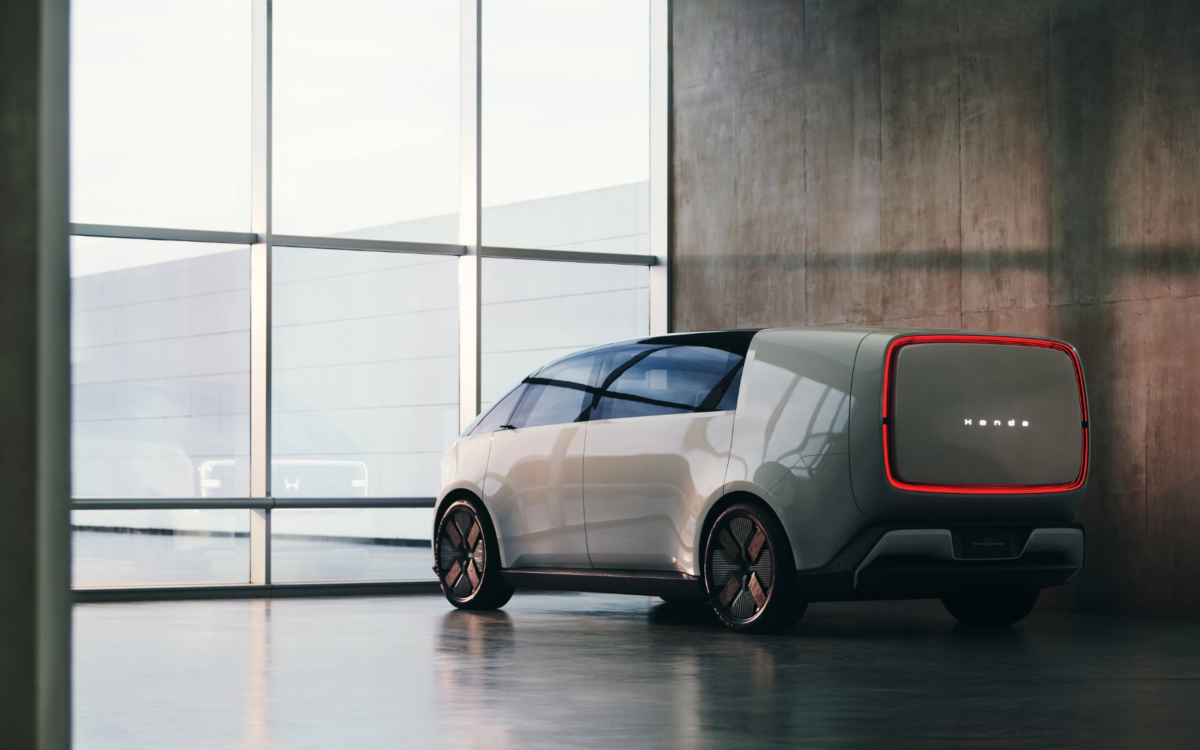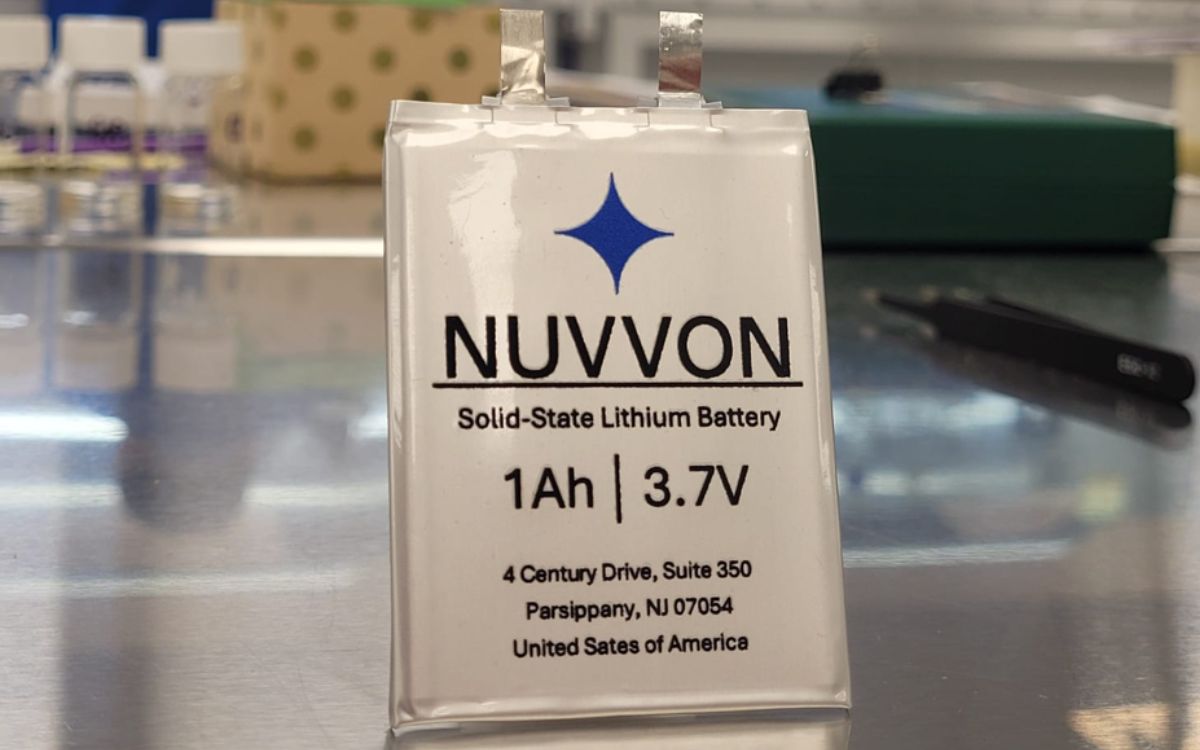Honda Motor, the Japanese automotive company, is planning a $14 billion electric vehicle (EV) plant in Canada, and will reportedly manufacture the batteries in house.
Nikkei Asia reports it will probably be near its existing factory in Ontario, but also other sites are being considered.
Most EV manufacturers rely on external suppliers of battery packs. Honda already works with LG Energy Solution in Ohio, but the company has chosen to mass-produce batteries for the Canadian market in its own plant, according to the report.
For Canada, Honda is looking at new technologies, for example the solid-state solution favoured by Japanese Toyota. Honda might use strategic battery materials such as lithium from Canada, which could make the EVs from Canada eligible for US IRA tax subsidies to buyers, the report stated.
Honda revealed plans for a new EV plant in Ohio in the US in 2022, an important step as North America accounts for about 40% of Honda’s global sales.
Canada has announced plans to end sales of new ICE passenger cars in 2035. Today Honda sells a limited range of EVs in Canada, including the SUV Prologue, equipped with the Ultium battery, a modular high-voltage battery developed by General Motors and the South Korean company LG.
The battery chemistry (NCMA) is based on use of nickel-cobalt-manganese-aluminum. A unique feature is the wireless battery management system, the first such architecture from any EV manufacturer.
Honda said it will be able to deliver the first own-developed solid-state batteries for the mass market in the second half of the 2020s. The company has spent much effort developing packing methods for electrodes and roll-pressing technology to increase the output of solid-state batteries.












